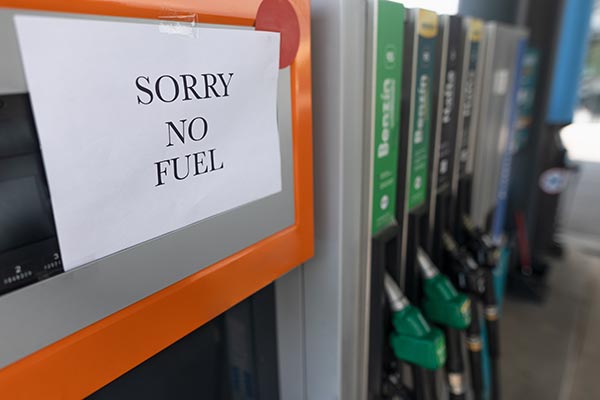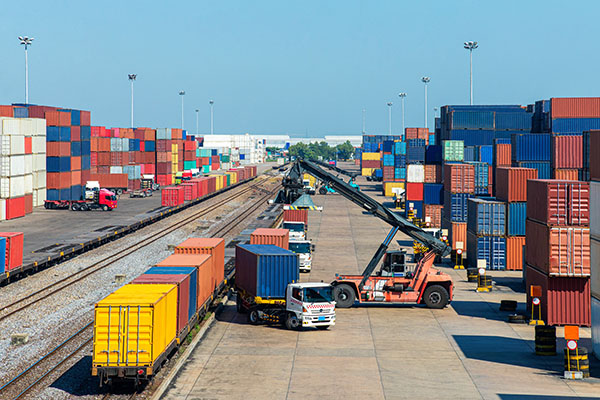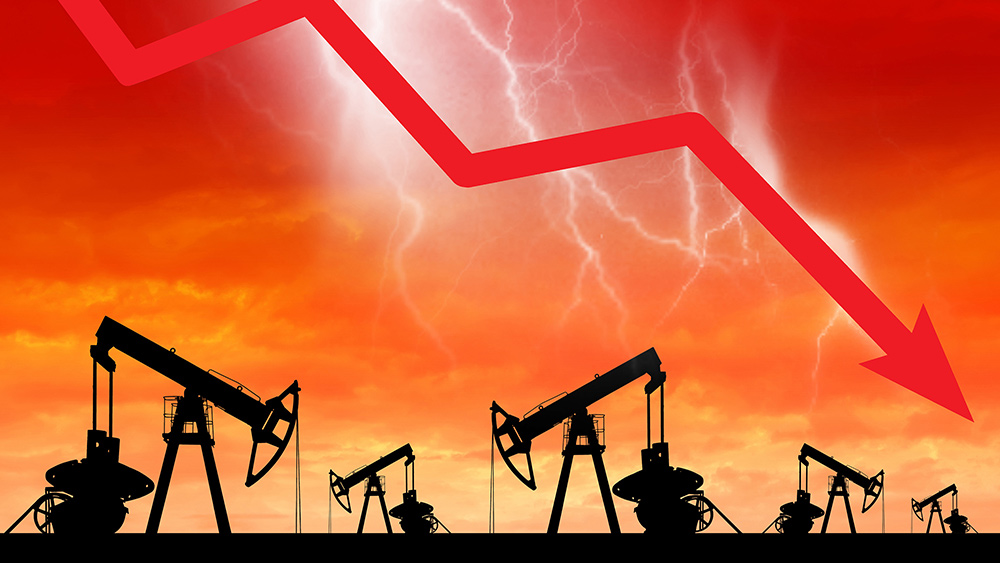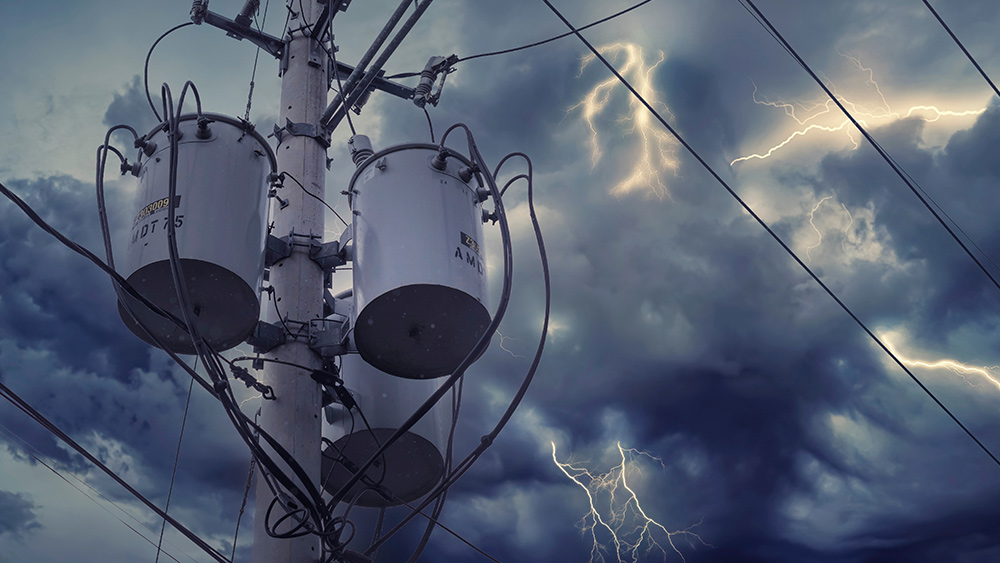Poland’s inflation reaches all-time high in October, but economists warn the worst is yet to come
11/08/2022 / By Mary Villareal

Poland recorded its highest all-time inflation rate in October 2022, but economists warn that the worst is yet to come for the Central European country.
Figures from Statistics Poland (GUS) showed the country reporting a 17.9 percent annual inflation rate for October. Energy prices saw the biggest jump at 41.7 percent, followed by prices of food and non-alcoholic beverages that saw a 21.9 percent year-on-year (YOY) increase. Fuel for private transportation increased by 19.5 percent YOY.
GUS data also showed similar increases month-to-month. Prices of food and non-alcoholic beverages rose by 2.7 percent, while energy rose by two percent.
But according to economists from Dutch financial giant ING, YOY inflation will surpass the 20-percent mark by February 2023 and will only slide to single-digit levels after the fourth quarter of 2023. Moreover, the inflation outlook remains highly uncertain with risks tilted to the upside.
Should the Polish government decide not to extend the value-added tax (VAT) reduction on electricity from 23 percent to five percent beyond the end of 2022, inflation could jump by around 0.5 percentage points from January 2023 on top of ING’s current estimates.
Ludwik Kotecki, a member of Poland’s Monetary Policy Council, warned that inflation may reach as high as 23 to 24 percent next year if Warsaw fails to extend measures that are aimed at protecting consumers from rising prices
“In the budget bill, there’s no single [Polish] zloty assigned for the anti-inflation shield. Inflation may reach 23 percent to 24 percent without it next year,” he said. Kotecki added that the National Bank of Poland had to act to bring inflation to the single-digit level from an estimated 17.9 percent in October.
Warsaw already introduced measures that were designed to help people deal with the high inflation earlier this year, which included VAT and excise tax cuts. The measures were extended several times and will remain in place until the end of the year.
Polish Development Fund (PFR) President Pawel Borys, however, remarked that Warsaw will not be able to extend the measures based on the budget given the country’s situation.
Recession imminent as EU economy loses momentum
The European Union’s (EU) inflation surged to a new all-time high as the bloc’s economy lost its momentum, fueling fears that a recession is now unavoidable.
The third-quarter output slowed to 0.2 percent from the previous three months, more than analysts estimated, but is much less than the 0.8 percent advance recorded between April and June. As the energy crisis continues to ravage businesses and households, the expansion is expected to shift into reverse as winter draws near.
European bonds, for instance, remained lower after the data, with 10-year German yields now at four basis points higher at 2.15 percent. The euro, on the other hand, was down 0.3 percent at $0.9937.
Pablo Hernandez De Cos, governor of the Bank of Spain, said that recession risks are already spreading, and decisive action by the banks at the current juncture will support medium-term growth by reducing inflationary pressures and avoiding a de-anchoring of inflation expectations. (Related: Transportation SHOCKWAVES reverberate as consumer demand plummets amid unyielding INFLATION.)
The data came a day after the European Central Bank doubled borrowing costs to the highest level in more than a decade, with officials later backing further to put prices back to their two percent target.
The overall outlook remains uncertain as mild weather and stronger-than-expected supplies of natural gas have led to a significant drop in some wholesale energy costs. However, the trajectory of future supplies and Russia’s war in Ukraine still pose risks.
Visit Collapse.news for more news about global recession.
Watch the video below for more information on how the Bank of England’s gold price rig leads to global collapse.
This video is from the David Jensen channel on Brighteon.com.
More related stories:
Thanks to inflation and food shortages, many people are barely able to afford even one meal per day.
Sources include:
Submit a correction >>
Tagged Under:
big government, bubble, central banks, chaos, collapse, crisis, debt bomb, debt collapse, economic collapse, Europe, GUS, increased prices, inflation, market crash, money supply, National Bank of Poland, panic, Poland, recession, risk, Statistics Poland, Warsaw
This article may contain statements that reflect the opinion of the author
RECENT NEWS & ARTICLES
SupplyChainWarning.com is a fact-based public education website published by SupplyChainWarning.com Features, LLC.
All content copyright © 2021 by SupplyChainWarning.com Features, LLC.
Contact Us with Tips or Corrections
All trademarks, registered trademarks and servicemarks mentioned on this site are the property of their respective owners.




















